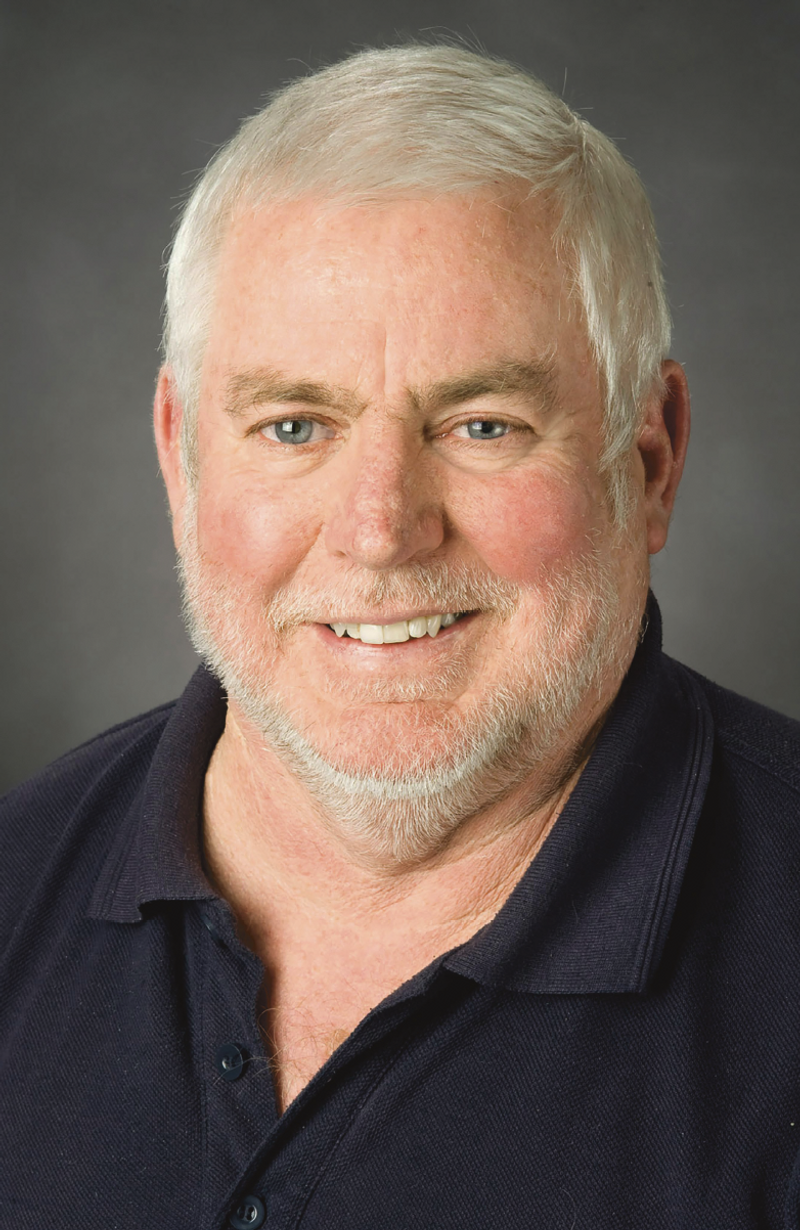Contact

Class of 1962
Although the ability to identify people by their teeth had been known for thousands of years, it is only in recent times it has been recognised as a speciality area of dentistry. This speciality termed Forensic Odontology, developed in Europe in the early 1900s and much later in Australia. Stephen has risen through the ranks of dentistry to become one of the most respected forensic odontologists in the country.
Born in Bunbury in 1945 from an Irish – Scottish parentage, Stephen joined Aquinas in Grade 5 and enjoyed everything Aquinas College had to offer. He remembers big classes of nearly fifty students and teaching in the early sixties that reflected the change from the tuition offered by the brothers to include lay teachers. He left Aquinas to embark on six years of study in dentistry at the University of Western Australia with a scholarship, graduating in 1969. He was posted immediately as a dentist to the military for two years with the rank of Captain. Dental care within the army was an education as ”Many who joined the army had poor teeth.”
Stephen joined as an associate within a private practice in Floreat Park in 1971 and later his own practice in Wembley until 2008. In 1992 he returned to study forensic odontology at the University of Melbourne and graduated as the first university-qualified Forensic Odontologist in WA. As science grew so did the need for Stephen’s services. He quickly became an integral member of the WA Forensic team with the then caseload of approximately 45 annually, increasing to the current task of approximately 80 per year.
When members of the Jemaah Islamiyah, a violent Islamist group detonated three bombs in Bali killing 202 people including 88 Australians, the Indonesian government invited the Australian Government to be part of the post-blast forensic investigation. Stephen was deployed by the Australian Federal Police as a member of Australia’s Forensic team. The task was to work with fellow Australian and International dentists to establish the identification of the victims by comparing their teeth with known dental records. It was the first time a single incident involving this number of Australian nationals had happened outside of Australia since WW11. He was awarded an Order of Australia Medal for his work there.
He has also worked as a Forensic Odontologist in globally significant and tragic events. For example, following the Asian tsunami in 2005, the Victoria bushfires in 2009 and the wreck of the refugee boat SIEV 221 on Christmas Island in 2010. In 2007, to facilitate the training of dentists in Forensic Odontology, he established a post-graduate course in Forensic Odontology at the University of Western Australia. Besides coordinating the UWA Forensic Odontology programme he continues to lecture both nationally and internationally. He is acknowledged as Fellow of the International College of Dentists, Fellow Academy Dentistry International and the international Pierre Fauchard Academy.
Also, he continues to provide Odontology services to WA via his position as Consultant Forensic Odontologist to PathWest, Department of Health, WA. The attitude that permeates his life and has hugely enabled him to get to where he is today, he puts simply as: “If you’re doing something and you enjoy it, you’re not working”.


